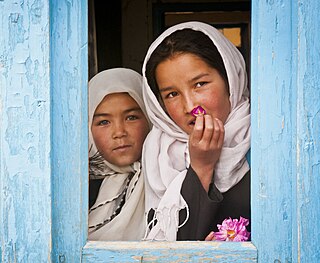
The Hazaras are an ethnic group and a principal component of the population of Afghanistan, native to, and primarily residing in the Hazaristan region in central Afghanistan and the northern regions of the Baluchistan province in Pakistan. They are one of the largest ethnic groups in Afghanistan, and a significant minority group in Pakistan, mostly in Quetta, and as well as in Iran. They speak the Dari and Hazaragi dialects of Persian. Dari, one of the two official languages in Afghanistan.
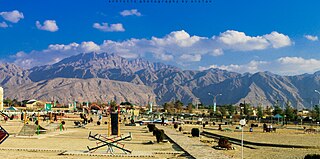
Quetta is the tenth most populous city in Pakistan with a population of over 1.1 million. It is situated in the south-west of the country, surrounded by mountains. It is the capital of the province of Balochistan where it is the largest city. Quetta is at an average elevation of 1,680 metres above sea level, making it Pakistan's only high-altitude major city. The city is known as the "Fruit Garden of Pakistan" due to the numerous fruit orchards in and around it, and the large variety of fruits and dried fruit products produced there.
The Tareen is a Pashtun tribe inhabiting southern Afghanistan, and western region of Pakistan.
Behsudi or Behsud are one of the major tribes of the Hazara people in Afghanistan.
Ali Baba Taj is an Urdu, Persian and Hazaragi poet, based in Quetta, Pakistan. He is known for his use of nazm style in Urdu poetry. He received his Master's Degree in Persian language and literature from the University of Balochistan, Quetta in 2003. He has written several articles in Urdu and Persian regarding poetry and literature.
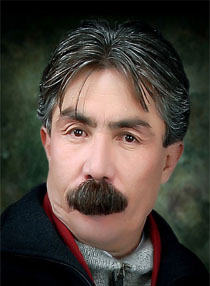
Hussain Ali Yousafi was an ethnic Hazara politician in Balochistan, Pakistan. Yousafi was chairman of the Hazara Democratic Party (HDP) and a member of the Quetta city council. He was assassinated by unknown militants in 2009.
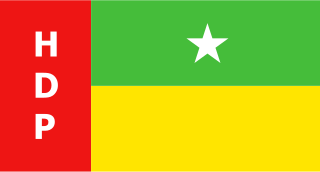
The Hazara Democratic Party (HDP) : is a political party of the Hazara people in Pakistan. It is mainly active in Quetta city, where up to half a million Hazara currently reside.
Hazara Town is a lower- to middle-income area on the western outskirts of Quetta, Pakistan with a population of up to 2,500,000, of which an estimated two-thirds are ethnic Hazaras, with the remainder mainly Pashtuns and Baloch.
Haji Kazim Yazdani a historical researcher and a writer, was born in a Hazara family in central Afghanistan. He is among the top historical researchers and writers in the country. His work has been published in many articles and books. He is a well-respected writer as he did not use his research and written work as a way to earn income.
The Maska are a tribe of the Hazara people in Afghanistan and neighboring countries.
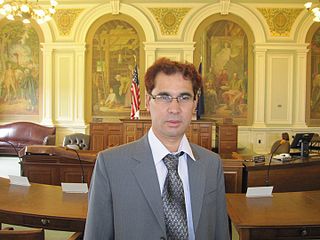
Jan Ali Changezi is the former Minister for Quality Education in the Balochistan, Pakistan Government. He belongs to a lower-middle-class family. Started politics in student life. He belongs to the Pakistan People's Party Parliamentarians. Served as Deputy General Secretary PPP Balochistan from 2011 to 2016. Presently he is Vice President First Peoples Party Balochistan. He can speak and write some languages. English, Urdu, Dari Persian and Pashto. Countries visited are Afghanistan, Iran, UAE, United States, Norway, Sweden, Denmark, the Netherlands, Belgium, France, Germany, Italy and Spain. The only Hazara politician in any federal party. The first person who has reached in first category leadership in the province.
The Sheikh Ali are a major tribe of Hazaras. Inhabiting in Afghanistan generally in Parwan, Kunduz, Baghlan, and Bamyan provinces and in other parts of the country.

The Hazara people are an ethnic group who are mostly from Afghanistan, primarily from the central regions of Afghanistan, known as Hazarajat, they established a large diaspora that consists of many communities in different countries around the world as part of the later Afghan diaspora. There are currently a million Hazara who live in the Balochistan province of Pakistan mostly in Quetta, many of whom have been settled in the country for generations and are now Pakistani citizens. A similarly large Hazara community is also present in Mashhad, Iran, as part of the Hazara and Afghan diaspora.

The Hazaras of Afghanistan: An Historical, Cultural, Economic and Political Study is a book about the origins and history of the Hazara people of Afghanistan by Sayed Askar Mousavi.
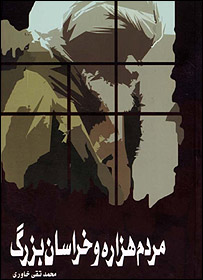
Mardum-i Hazara Wa Khorasan-i Buzurg is Persian language book about the history and origins of the Hazara people by Muhammad Taqi Khavari.
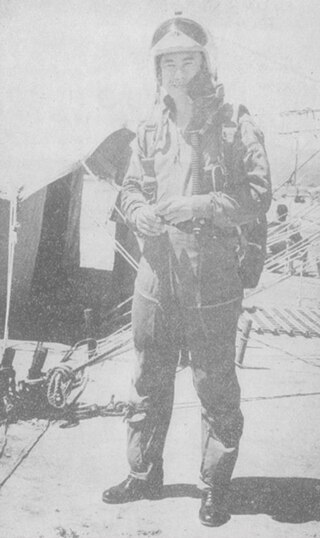
Air-Marshal Sharbat Ali ChangeziHI(M) SI(M) SBt, , is a retired three-star air officer in the Pakistan Air Force and a former fighter pilot who led the aerial operations in the Indo-Pakistani War of 1965 and 1971.
The Hazaras is book on the history of Hazara people and Afghanistan by the writer Hassan Poladi.
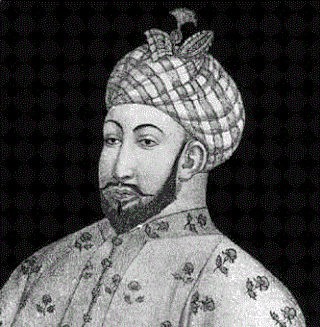
The Hazāra of Muḥammad Khwāja is one of the major tribes of the ethnic Hazara inhabiting Afghanistan.

Jalila Haider is a human rights attorney and political activist from Quetta in Balochistan, Pakistan. She is known to be the first woman lawyer from Quetta's Hazara minority, and an advocate for the rights of her persecuted community. She is a member of the Awami Workers Party (AWP), leader of the Balochistan chapter of Women Democratic Front (WDF), and also an activist in the Pashtun Tahafuz Movement (PTM). She founded a non-profit organisation, "We the Humans – Pakistan," which aims to empower local communities in Balochistan by strengthening opportunities for vulnerable women and children.











